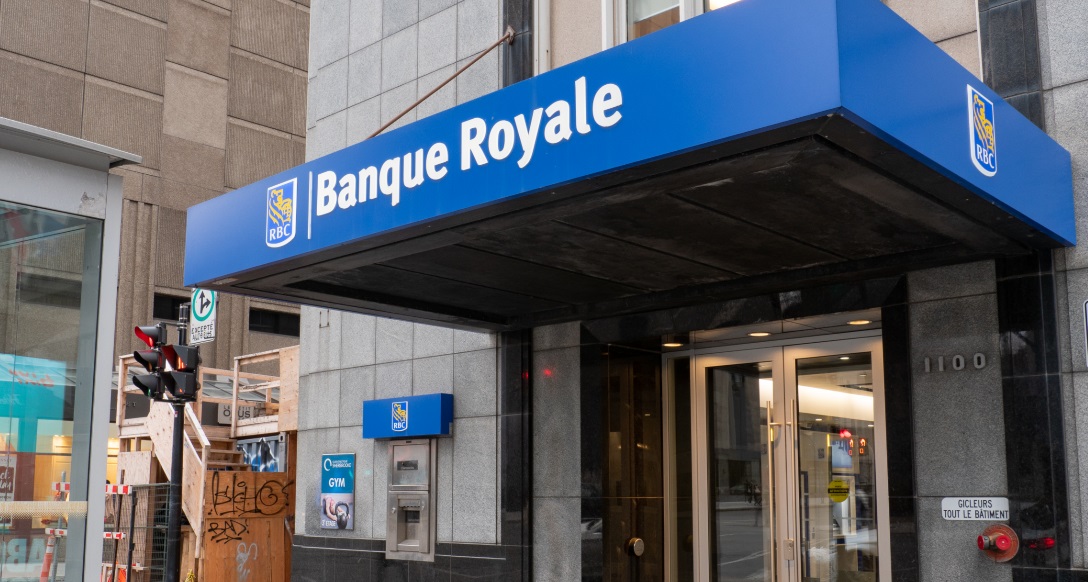The Royal Bank of Canada (RBC) recently became Canada’s first major financial institution to refuse to invest in fossil fuel drilling in Alaska’s Arctic National Wildlife Refuge (ANWR). RBC’s new policy comes after the U.S. government’s controversial decision to open some of the refuge for oil and gas development, to the objection of many environmental organizations.
RBC’s policy is a good one. Without drastic mitigation efforts, experts warn, climate change will become irreversible. Action needs to be taken soon, and banks, universities, and other corporations must do their part. Accordingly, corporations need to be held accountable, and students, in particular, can play a key role in this. Today’s students will be the next generation of employees and employers. At a crucial point in the climate crisis, they have the power to influence corporations’ policies—and it all comes down to where they put their money.
While RBC’s new policy is an important start, it does not appear to be particularly ground-breaking. The bank is not divesting from any of its current oil investments or refusing to invest in oil development in other locations. All RBC is doing is promising not to invest in drilling in the ANWR in the future. The policy, it seems, costs the bank very little. In fact, it may help them—it is good for public relations. RBC’s decision, therefore, is likely not a moral one, despite what the company might like the public to believe, but a strategic one.
Still, RBC remains the first and only Canadian financial institution to publicly affirm it will not invest in oil and gas development in ANWR. Consumers ought to take note of this. In a capitalist society, one of the few things consumers have power over is which companies and businesses they support with their money. If consumers want to demonstrate that climate change is important to them, they need to support companies that reflect their values and, on the flip-side, refuse to support companies that do not.
This strategy is behind many environmental and social movements, such as ethical veganism, the fair-trade movement, the push against anti-fast fashion, and the zero-waste campaign. If demand decreases, companies are forced to take action to improve their practices. As a result of consumers’ boycotting products and companies that do not reflect their values, companies have made changes or have suffered as a result. There has been a rise in mainstream plant-based products, with popular fast-food chains now offering plant-based alternatives. Likewise, some restaurants and grocery stores now supply compostable bags, second-hand shopping has become popular, and, in the changing market, companies that have failed to adapt have suffered. Voting with dollars does affect change.
Students have a unique ability to create change. They have the drive: Generation Z—who make up 55 per cent of today’s university students—is more concerned with climate change than any previous generation. Students also have the means: Gen Z contributes $44 billion in annual purchasing power and is on track to become the largest generation of consumers. If students can carry this drive and concern over to their spending habits, then companies will be forced to take action if they wish to attract and maintain their business.
At the university, Divest McGill has been demanding that the administration divest from fossil fuels since 2012. And just last year, students participated in the largest march in Quebec history to protest climate change. If McGill students can funnel this drive into another area where it counts—where they spend their money—then they have the power to enact meaningful change.
Students should be aware of their power over the market, and ought to use it. This needs to extend to every institution that profits from their money, including banks. It is likely that RBC’s intentions behind their no-drilling policy are not as pure as they claim, but if their policy is supported, and it results in more business (and more profit), they may implement further climate-friendly policies in the future. This is capitalism—if it pays for a company to combat climate change, then the company is incentivised to do so.









